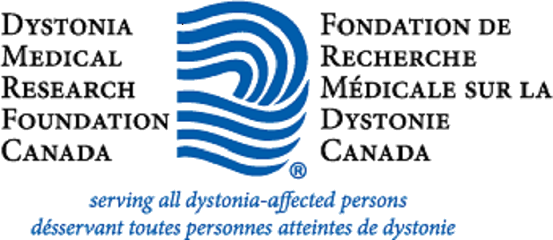
Surgical treatments for dystonia may be an option for individuals whose symptoms do not respond to oral medications or botulinum toxin injections. Researchers are actively refining current techniques and collecting information about which patients may benefit the most from surgical treatments.
There is no single surgical procedure that can be applied to all forms of dystonia. Surgical procedures for dystonia can be divided into two broad categories: brain surgery and peripheral surgery. Peripheral surgery includes procedures that target parts of the body other than the brain.
In both brain and peripheral procedures, the goal of surgery is to interrupt the faulty communication between the brain and muscles that causes involuntary muscle movements. Surgery intends to treat symptoms and improve function but does not cure the underlying condition.
Because dystonia is a chronic disorder, the management of symptoms is an ongoing, lifelong process. Just as medications and botulinum toxin injections are often not singular solutions to an individual’s dystonia, surgery is one component of the total management of dystonia. Surgery does not necessarily eliminate the need for additional forms of treatment. However, in many cases surgery improves quality of life and reduces the need for medications or botulinum toxin. Like all surgical interventions, operations to treat dystonia are associated with the risk of certain complications. The success of any surgical procedure lies heavily in proper diagnosis, the experience of the clinical team, and the skill and artistry of the surgeon.
The patient selection process for determining if an individual is a candidate for surgery is deliberate and precise. Only a neurologist or neurosurgeon who specializes in movement disorders can recommend surgery for dystonia. The cost and coverage of surgery varies by procedure and medical center, and coverage is dependent on the provincial health care program and private insurance.
- More Information
For more information on specific kinds of surgery, follow the links below:
Thank you to Dystonia Medical Research Foundation (USA) for allowing us to share this information. The DMRF is a 501(c)(3) non-profit organization dedicated to advancing research for improved dystonia treatments and ultimately a cure, promoting awareness, and supporting the well-being of affected individuals and families.
